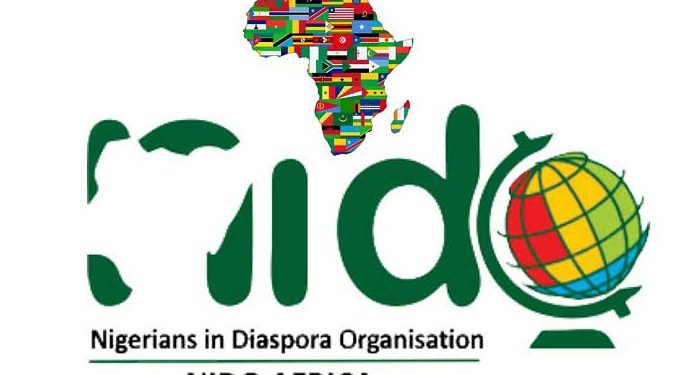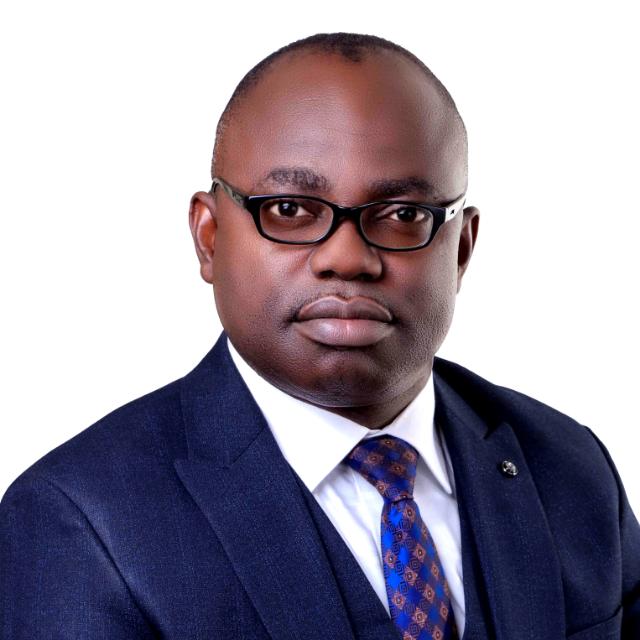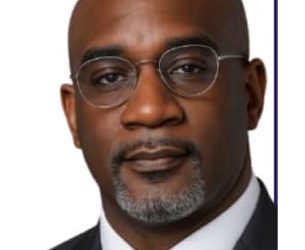The Nigerian Diaspora Organisation (NiDO)-Worldwide is advocating for the inclusion of the estimated 20 million Nigerians living abroad in electoral processes. Observers believe that allowing these individuals to vote in national elections will enable them to exercise their rights more fully.
NiDO-Worldwide is concerned that while successive governments have expressed support for diaspora voting, they have failed to push for the necessary legislation or constitutional amendments. The organization regrets the inability of past administrations to pass the Diaspora Voting Bill into law, despite it advancing to a second reading.
In 2024, a bill aimed at amending the constitution to allow diaspora voting again passed its second reading in the House of Representatives and is currently with the Constitution Amendment Committee for further consideration.
Proponents argue that the financial contributions from Nigerians abroad through remittances significantly boost the nation’s revenue. Many note that other African countries have embraced diaspora voting, unlike Nigeria, which has been hesitant.
Dr. Loretta Ogboro-Okor, Director-General of the Edo Diaspora Agency, emphasizes the need for continuous advocacy to pass the diaspora voting bill, asserting that it would empower Nigerians abroad to contribute to nation-building.
Policy analysts highlight that countries like South Africa, Ghana, and Kenya have successfully implemented diaspora voting, showcasing that Nigeria can overcome its own political and logistical challenges with political will.
Dr. Collins Nweke, former Chairperson of NiDO Europe, stresses that Nigeria’s failure to enfranchise its diaspora community contradicts its goals for inclusive governance and development. He believes that overcoming the hurdles to diaspora voting is both necessary and achievable.
The National Association of Nigerian Students in Diaspora (NANS-Diaspora) has also called for expedited constitutional amendments to enable Nigerians living abroad to participate in elections, starting with the 2027 elections. Fayomi notes that the diaspora contributes significantly to Nigeria’s economy through remittances, which reached over $23 billion in a single year, yet they remain excluded from the democratic process.















